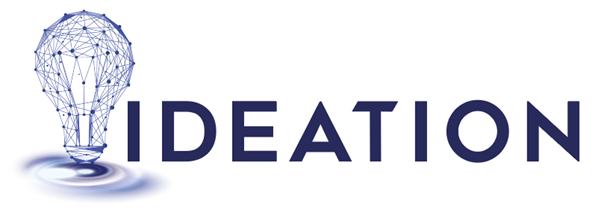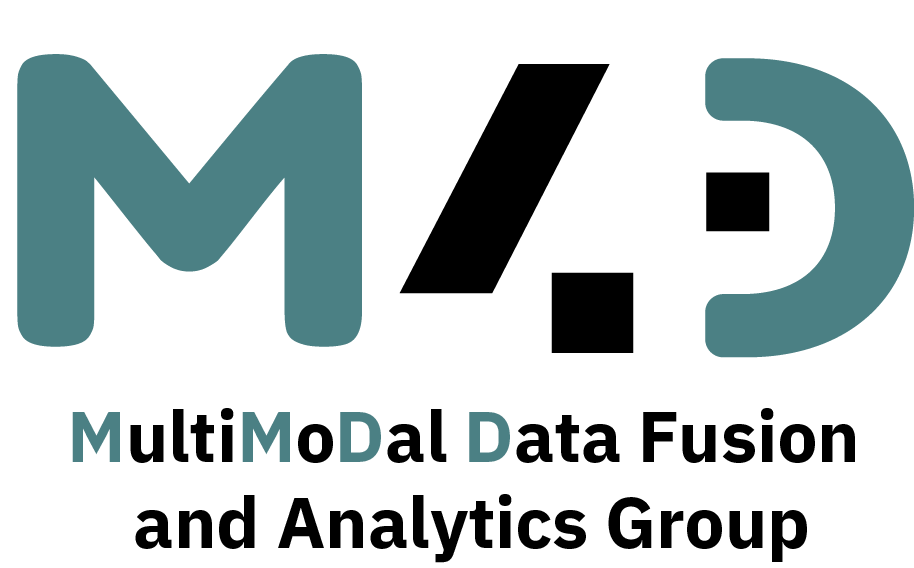
IDEATION
InlanD watErs in the digitAl Twin OceaN
IDEATION (InlanD watErs in the digitAl Twin OceaN) aims to develop a digital twin of inland waters (rivers, lakes, reservoirs, wetlands, snow, and ice). The project focuses on activities to ensure this digital twin is integrated and interoperable with the Digital Twin Ocean (DTO), creating a unified digital twin of the ocean and waters, thereby addressing the hydrosphere as a whole. IDEATION will rely on cross-border cooperation and the involvement and commitment of stakeholders at the European level by following the Water-oriented Living Labs (WoLLs) approach. Stakeholders will be engaged via Multi-Stakeholder Forums (MSF) using various engagement methodologies, such as focus groups, workshops, interviews, and questionnaires, tailored to the goals of the engagement and the context specificities. A comprehensive review will be conducted to create an open knowledge inventory for inland water systems (OpenKIWAS). IDEATION will co-design the IDEATION reference architecture, defining a set of building blocks, interfaces, and standards to ensure data, models, and technologies are interoperable and integrable with the DTO. Combining the results from the MSF, OpenKIWAS, and the IDEATION reference architecture, a roadmap will be developed for integrating inland waters into the Digital Twin Ocean. This roadmap will provide a preliminary breakdown of the work, prioritize implementation, and outline a phased approach. The consortium members have extensive experience in coordinating and participating in EU projects, with many having previously collaborated on research initiatives.
M4D contributes to the technical implementation of all the work packages (WPs) in the IDEATION project, serving as a leader for various tasks and participating in several others. Specifically, M4D leads the activities for the establishment of an inventory of open data sources and meteorological services relevant to inland water systems and evaluating their applicability for digital twin applications. M4D is also responsible for mapping the functional and non-functional requirements to the current solutions of the reference architecture. Additionally, M4D plays a critical role in compiling the Technological Core Assessment which includes evaluating the current state of technology and identifying the potential improvements or innovations that ensure that the technological core aligns with the project’s goals and requirements. Finally, M4D participates in the management, dissemination, and exploitation activities, creating the reference architecture and the roadmap for integrating inland waters into the DTO.

